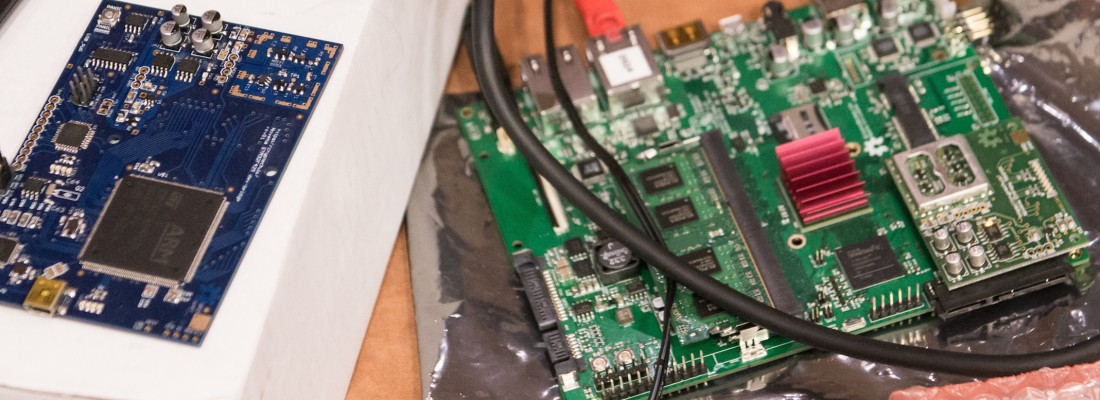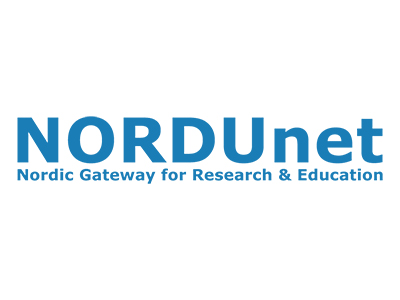
Making the Internet a bit safer
Research and education networks are not only about fibres, routers and switches. They also try to contribute to the common good of internet users. Enter CrypTech, making the Internet a little bit safer for everybody.
Software developers and electronics designers from around the world are uniting their efforts in the CrypTech project, building open source hardware that secures the authenticity of digital content transmitted through the internet. Three Nordic networks play a key role in the project.
Actually, geographical and cultural diversity lies at the very heart of CrypTech. In addition to CrypTech being open source, the diversity principle also applies to the funding of the project, allowing a maximum of 100k USD per donor per year, trying to avoid any one sponsor having too much influence over the project.
For a reason
All this is for a reason: CrypTech was initiated as a reaction to the revealing of massive internet surveillance by NSA and other surveillance agencies. Experts have questioned the integrity of some of the implementations of basic cryptographic functions and devices used to secure communications on the internet.
This has lead to a widespread fear of backdoors, being open to not only surveillance agencies but to cyber criminals also.
In particular there is a great need for open, verifiable, implementations of cryptographic algorithms in hardware. Even more so, as the majority of Hardware Security Modules are manufactured in the US, giving rise to suspicions that surveillance agencies could compromise these devices.
Security Hardware Modules are machines creating cryptographic keys and storing them safely. The keys are used to authenticate digital content and to assure, that the content you’ve sent hasn’t been tampered with in transit.
Cryptographic engine
Now CrypTech is developing an open source hardware cryptographic engine that meets the needs of high assurance internet infrastructure systems that use cryptography.
The CrypTech engine will be of general use to the broad internet community, covering needs such as secure email, web, domain name systems and public key infrastructure.
Three Nordic research and education networks – Sunet, NORDUnet and RHnet – play a key role in CrypTech, providing both manpower and administrative support. Hopefully, provided adequate funding, the CrypTech engine will be up and running by 2017.
The intent is that it can be built by anyone from public hardware specifications and open source firmware. Anyone can then operate it without fees of any kind.
Visit the CrypTech website
For more information please contact our contributor(s):


